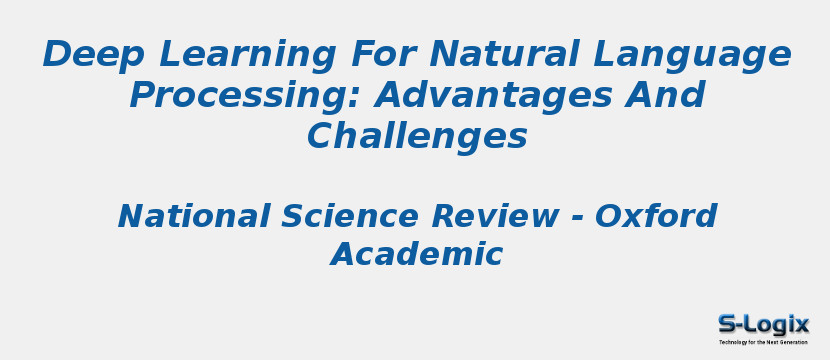Research Area: Machine Learning
Deep learning refers to machine learning technologies for learning and utilizing ‘deep’ artificial neural networks, such as deep neural networks (DNN), convolutional neural networks (CNN) and recurrent neural networks (RNN). Recently, deep learning has been successfully applied to natural language processing and significant progress has been made. This paper summarizes the recent advancement of deep learning for natural language processing and discusses its advantages and challenges. We think that there are five major tasks in natural language processing, including classification, matching, translation, structured prediction and the sequential decision process. For the first four tasks, it is found that the deep learning approach has outperformed or significantly outperformed the traditional approaches. End-to-end training and representation learning are the key features of deep learning that make it a powerful tool for natural language processing. Deep learning is not almighty, however. It might not be sufficient for inference and decision making, which are essential for complex problems like multi-turn dialogue. Furthermore, how to combine symbolic processing and neural processing, how to deal with the long tail phenomenon, etc. are also challenges of deep learning for natural language processing.
Keywords:
Author(s) Name: Hang Li
Journal name: National Science Review
Conferrence name:
Publisher name: Oxford University Press
DOI: 10.1093/nsr/nwx110
Volume Information: Volume 5, Issue 1, January 2018, Pages 24–26
